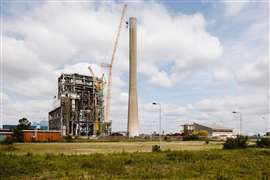Staying Power: John Deere Diesel Technology
01 October 2024
SPONSORED CONTENT
Don’t count out diesel engines when it comes to the advanced solutions that will power the future of the off-highway industry.
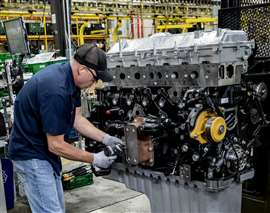
In the rapidly evolving power landscape of the off-highway industry, diesel engines stand as stalwarts, poised to maintain their relevance alongside the emergence of new technologies like electrification and renewable fuels. These advancements, paired with the inherent reliability and flexibility of diesel engines, ensure diesel’s continued viability amid this technological evolution of the off-highway industry. That’s why John Deere Power Systems (JDPS) is optimizing its engine lineup to create new value for customers and offer the adaptability to integrate renewable fuels with combustion engines.
Reliable and Durable
Two of the primary reasons for the enduring appeal of diesel engines are their unparalleled reliability and durability. In demanding applications like those found in the construction industry, equipment must withstand harsh conditions and heavy workloads. Diesel engines have a proven track record of delivering consistent power and performance over extended periods for high duty cycle applications. JDPS is engineering a new engine architecture that features improved energy density and easier serviceability for optimized uptime in a wide range of heavy-duty applications. The newest engines developed using this architecture are the JD4, JD14, and JD18. With power ratings from 36 to 677 kW (48 to 908 hp), these power-packed engines offer the capacity to tackle today’s toughest jobs while preparing OEMs and end users for future industry changes.
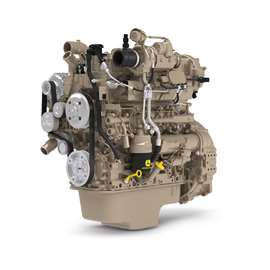
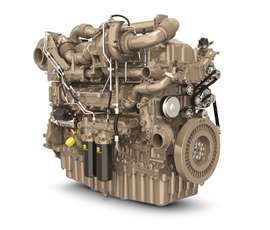
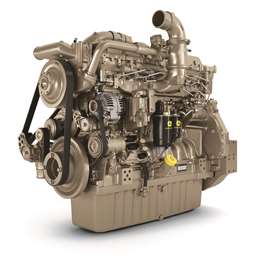
Adaptable to Renewable Fuels
As electrification and renewable fuels gain traction, diesel engines are demonstrating a remarkable ability to incorporate these emerging technologies. Manufacturers like JDPS are investing in research and development to enhance the efficiency and performance of diesel engines by integrating hybrid powertrains, aftertreatment systems, and renewable fuel compatibility. Additionally, stringent regulatory standards have compelled manufacturers to develop cleaner and more efficient engines, incorporating technologies such as selective catalytic reduction (SCR) and diesel particulate filters (DPF) to reduce emissions of nitrogen oxides (NOx) and particulate matter.
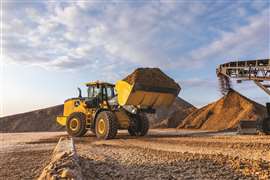
As regulatory pressures and emerging technologies drive innovation, JDPS is optimizing its newest engines to more easily burn additional fuels beyond traditional diesel fuel while targeting similar engine performance. For example, the new engine architecture features dual overhead cams that will give JDPS the ability to adapt its engines for spark ignition to burn both liquid and gaseous fuels.
Diesel engines will continue to play a vital role in powering productivity in the off-highway sector while the industry navigates evolving sustainability standards and goals. By enhancing the efficiency and adaptability of its diesel engines, JDPS is poised to support its customers with its legacy of proven experience, premium products, and world-class support.
STAY CONNECTED


Receive the information you need when you need it through our world-leading magazines, newsletters and daily briefings.
CONNECT WITH THE TEAM









